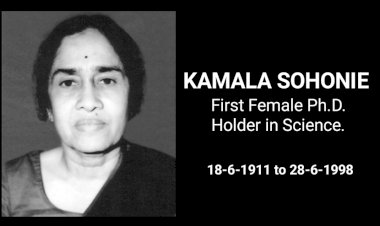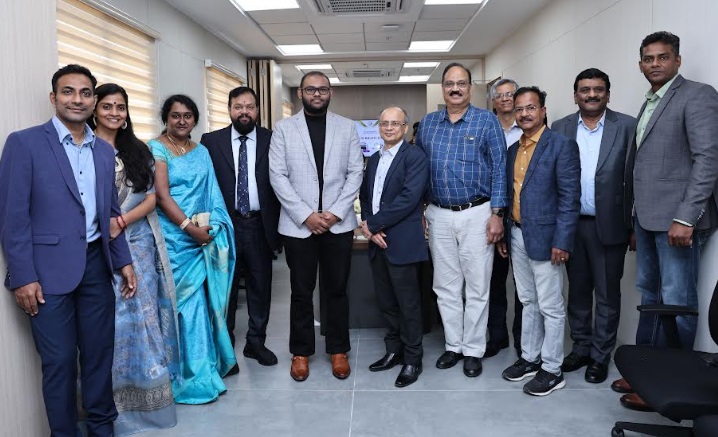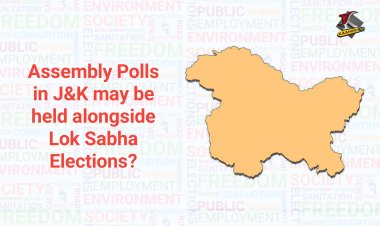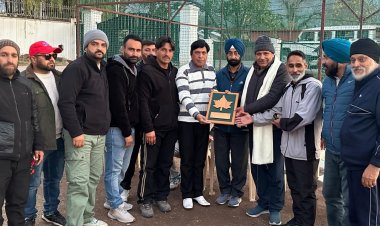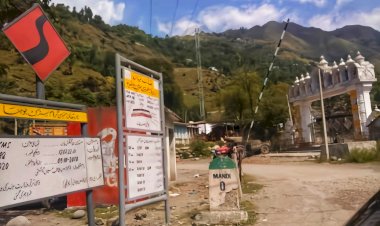Medical Brain Drain: Over 200 Doctors Have Left Poonch

By Ayaz Mughal
District Poonch is blessed with fertile soil, not just for crops but for minds as well. This land has given birth to numerous intellectuals, scholars, doctors, engineers, professors, advocates, and teachers. In every field, Poonch proudly counts someone who has risen to a position of influence. Yet, despite this rich heritage, the district faces a persistent challenge in progressing as it rightly should.
One of the most pressing concerns is the brain drain in the medical field. Many of our brightest medical talents were born and educated in Poonch. They benefited from local educational opportunities and various affirmative policies. However, after gaining admission to prestigious medical programs, many choose to leave the district and settle in places like Jammu or even abroad, lured by better career prospects. This trend, though understandable on a personal level, leaves Poonch struggling to build a robust healthcare system for its own people.
According to estimates, more than 200 doctors from Poonch are currently working in Jammu, Delhi, Chandigarh, and even abroad, while the district hospital here struggles with a shortage of specialists. This imbalance reflects a system that educates talent but fails to retain it.
The consequences of this exodus are not just numbers on paper, they translate into real suffering. Consider the case, a 48-year-old man from a village in Poonch. Last year, he suffered a heart attack late at night. His family rushed him to the district hospital, only to find that no cardiologist was available. The only option was to take him to Jammu, a seven-hour journey on treacherous roads. Despite their desperate efforts, he did not survive the journey. His story is not an isolated incident. Dozens of patients lose their lives each year simply because specialized medical care is absent in Poonch.
Being a border district, Poonch encounters unique challenges. It is located 240 kilometers away from Jammu, where better-equipped medical facilities exist. The journey, often on unstable and poorly maintained roads, means that many patients cannot reach medical care in time. Some even lose their fight for life while en route. The peripheral health centers including SDH Surankote, Mandi and Mendhar are under-equipped, and even the district hospital is short of essential staff and resources. Consequently, patients are compelled to travel to distant cities like Jammu or Srinagar, adding further financial strain to their lives.
The call for a Government Medical College (GMC) in Poonch has been long-standing. The district deserves a fully functional, well-equipped trauma hospital and better healthcare infrastructure to meet its unique needs. Such facilities would not only reduce the burden on patients but also inspire local medical professionals to serve their community.
It is important to recognize that many doctors from Poonch have achieved great success outside their home district. Names such as Dr. Sushil, a renowned cardiologist; Dr. Rajinder Singh, an expert orthopedic surgeon; and many others in fields ranging from cardiology to neurology and beyond, stand as testament to the talent emerging from this area. Yet, their achievements also highlight a missed opportunity, a chance to give back to the community that nurtured their early dreams.
The question we must ask is this: if our own people have reached heights in the medical profession, do they owe something to the land that raised them? A policy requiring doctors to serve in their home district for five to seven years might seem like a small sacrifice in return for the opportunity to serve their own people. Such a commitment could dramatically improve the healthcare system in Poonch, ensuring that local residents receive the quality care they deserve.
I understand that everyone wants to improve their living standards and move towards better opportunities. However, we also have a responsibility to give back to the community we came from, or at least the one we claim to belong to when seeking reservations such as such as RBA, ST, SC, ALC, etc.
One way to improve healthcare in places like Poonch is by introducing a fixed service period for government doctors. The government can require them to work in rural areas for two years before transferring them back to bigger cities without unnecessary delays. This will encourage more doctors to serve in remote areas, improving medical services for the people who need them the most.
To make rural postings more attractive, the government should focus on three key areas. First, better accommodations and hospital infrastructure should be provided so that doctors have a comfortable place to work and live. Second, financial benefits, such as extra allowances and bonuses, should be given to compensate for the challenges of working in remote areas. Third, ensuring safety and security for doctors is essential so they feel comfortable serving in these areas.
By taking these steps, we can create a system where doctors are willing to serve in their hometowns, making healthcare more accessible to people in need. By encouraging our medical professionals to return and contribute, even for a few years, we can start to mend the gaps in our healthcare system and bring hope to the community. It is not just a matter of career choice, but of a shared responsibility to nurture and heal the soil that has given so much to us.
In the end, Poonch's journey toward progress and improved healthcare is a shared one. The district deserves a future where its own heroes heal and uplift the community, creating a legacy of care and commitment for generations to come.
__________________________
The Author can be reached at editorkaangri@gmail.com amd WhatsApp 9797582733.



